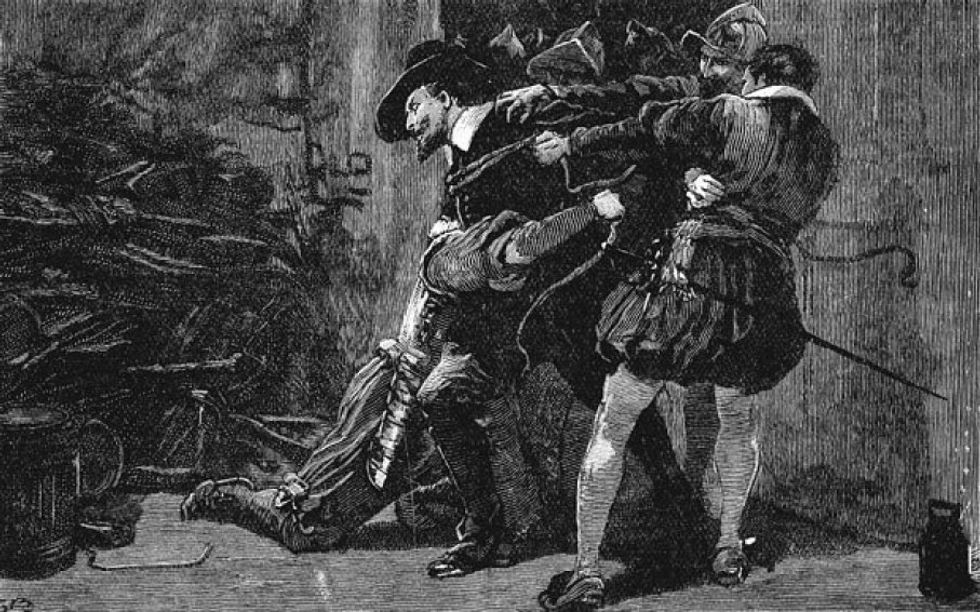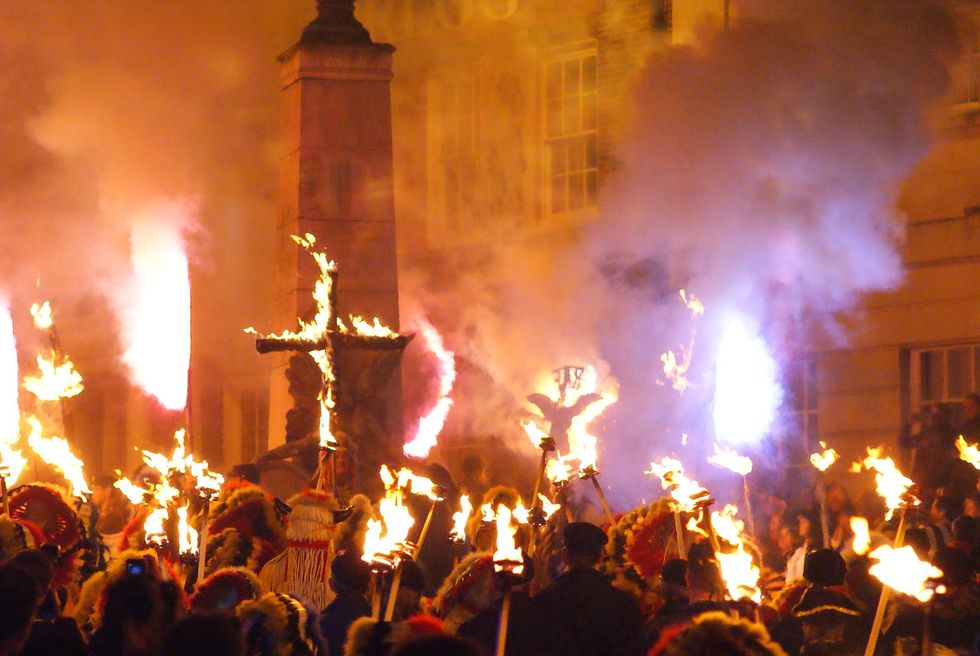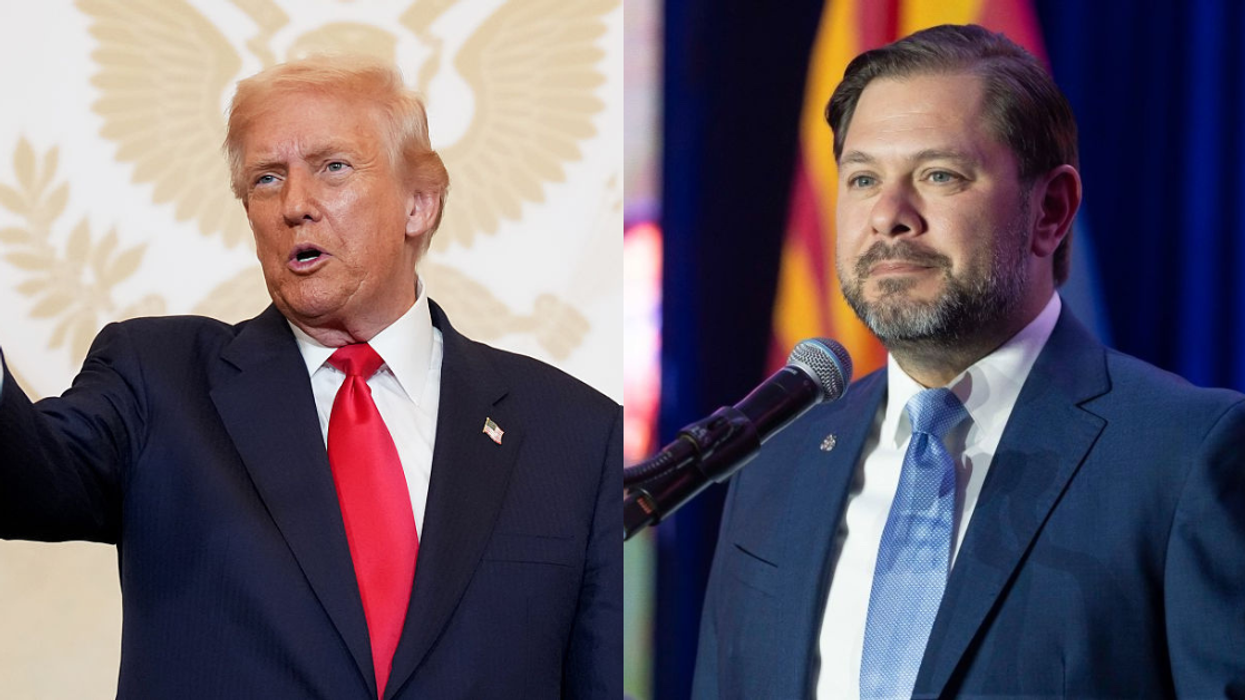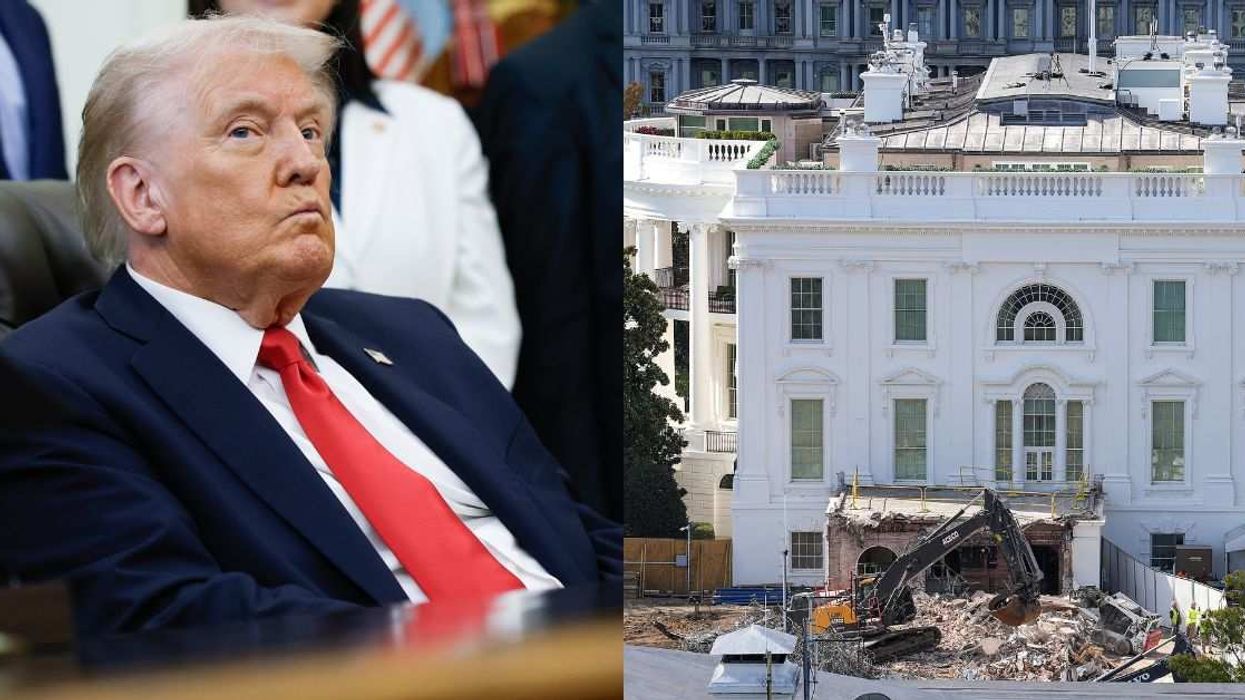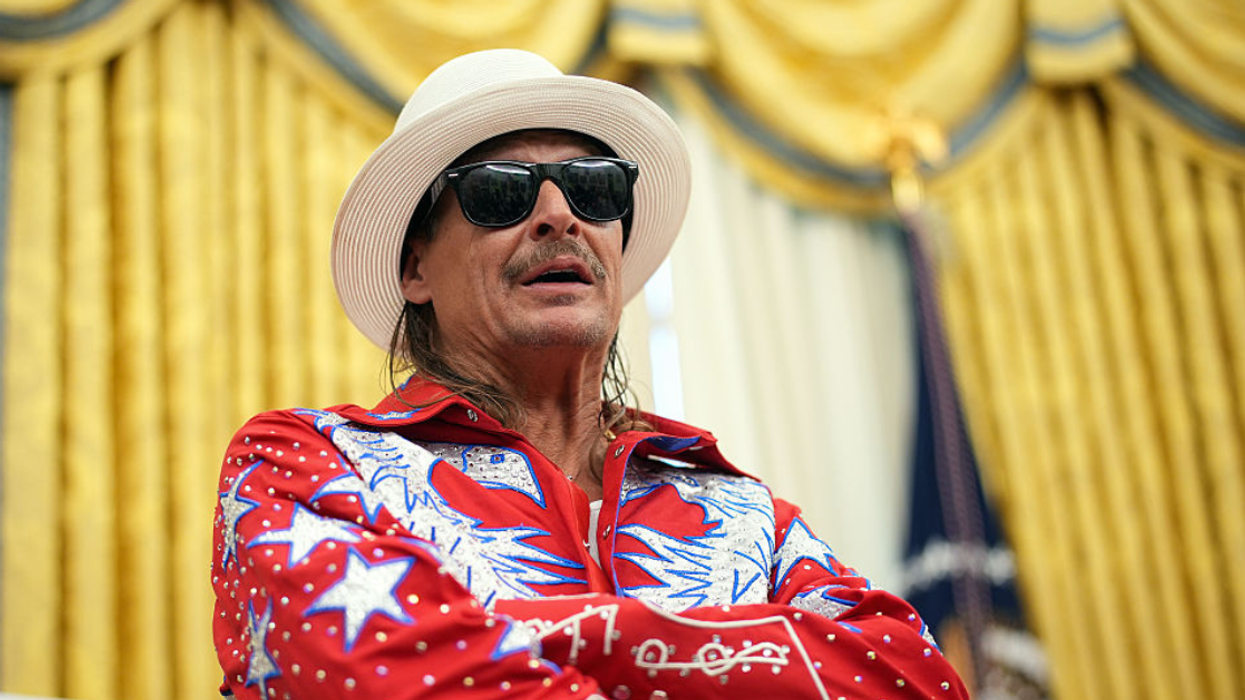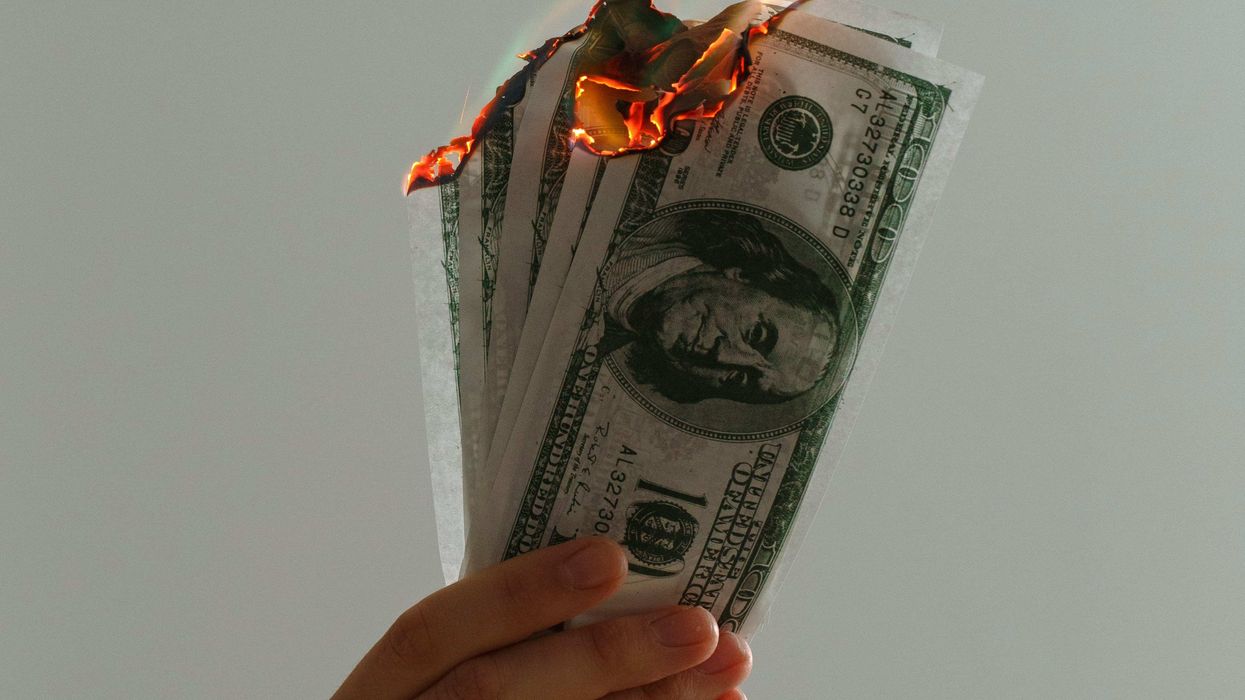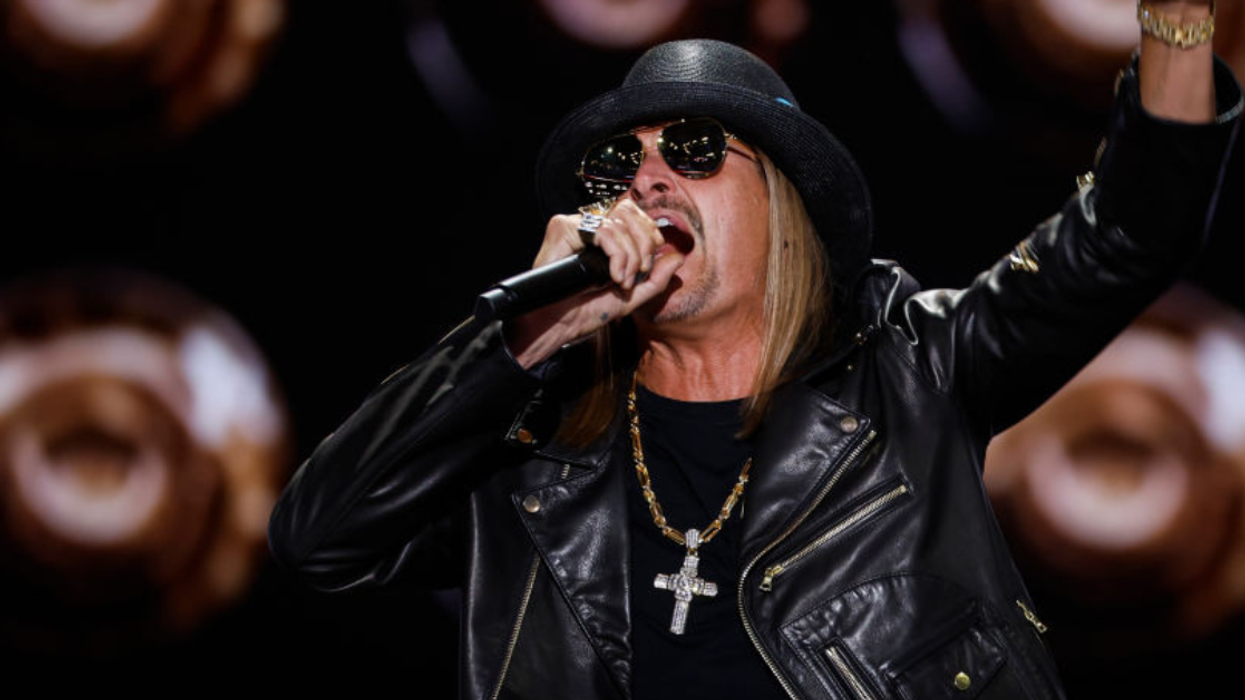"Remember, remember! The fifth of November, the Gunpowder treason and plot!" The fifth of November is Guy Fawkes Day - also known as Guy Fawkes Night, Bonfire Night, and Firework Night - which marks the anniversary of when palace guards foiled a plot to blow up the Houses of Parliament in London in 1605. On this night every year, people light bonfires and set off fireworks in reenactment of the failed Gunpowder Plot that never came to pass
Here are 3 Fast Facts about Guy Fawkes Day:
1. Catholic Conspirators Vs. the English Crown
The conflict fueling the Gunpowder Plot was rooted in the political and religious persecution of Roman Catholics under Queen Elizabeth's 45-year rule from 1558 to 1603. During her reign, Catholics could not celebrate Mass or perform their marriage rites, and numerous priests were executed. When James I became King of England, English Catholics hoped the persecution would end, and that they would gain the freedom to practice their religion.
Unfortunately, King James demonstrated a lack religious tolerance toward Catholics. He condemned the religion as a superstition, extended Queen Elizabeth's fines, and deported Catholic priests out of the country.
2. The Gunpowder Plot - Failed Assassination Attempt
A gang of 13 Roman Catholic activists and conspirators, led by Warwickshire-born Robert Catesby, plotted to use explosives to assassinate King James and many Parliament members during the opening of Parliament on November 5, 1605.
But then an anonymous letter warning a Catholic sympathizer to avoid the event supposedly tipped authorities to the existence of the plot. On the eve of the opening, some say around midnight, co-conspirator Guy Fawkes was caught lurking in a cellar below the House of Lords, while guarding 36 barrels of gunpowder.
The conspirators were soon captured, tortured, and executed - except for Guy Fawkes. After he was tortured in the Tower of London, and he confessed the names of his co-conspirators, Fawkes leapt to his death at the gallows to avoid watching the horrors of his testicles cut off and his stomach slit open.
While history claims that the 36 barrels of gunpowder would have sufficiently razed the Houses of Parliament to the ground, experts today suggest the gunpowder had decayed and would not have even exploded.
3. Celebrating Thanks and Failure
Shortly after the averted chaos and destruction, Parliament declared November 5 a public day of thanksgiving. Today the people of Great Britain commemorate the failure of the Gunpowder Plot by lighting bonfires and fireworks, which represent the explosives that were never ignited. Straw dummies representing Fawkes are tossed on the bonfire, as well as those of contemporary political figures.
But until about 60 years ago, the celebrations were compulsory. Before 1959, it was illegal to not celebrate Guy Fawkes Day.
Please SHARE this with your friends and family.
H/T: History.com, Time and Date, The Telegraph,


